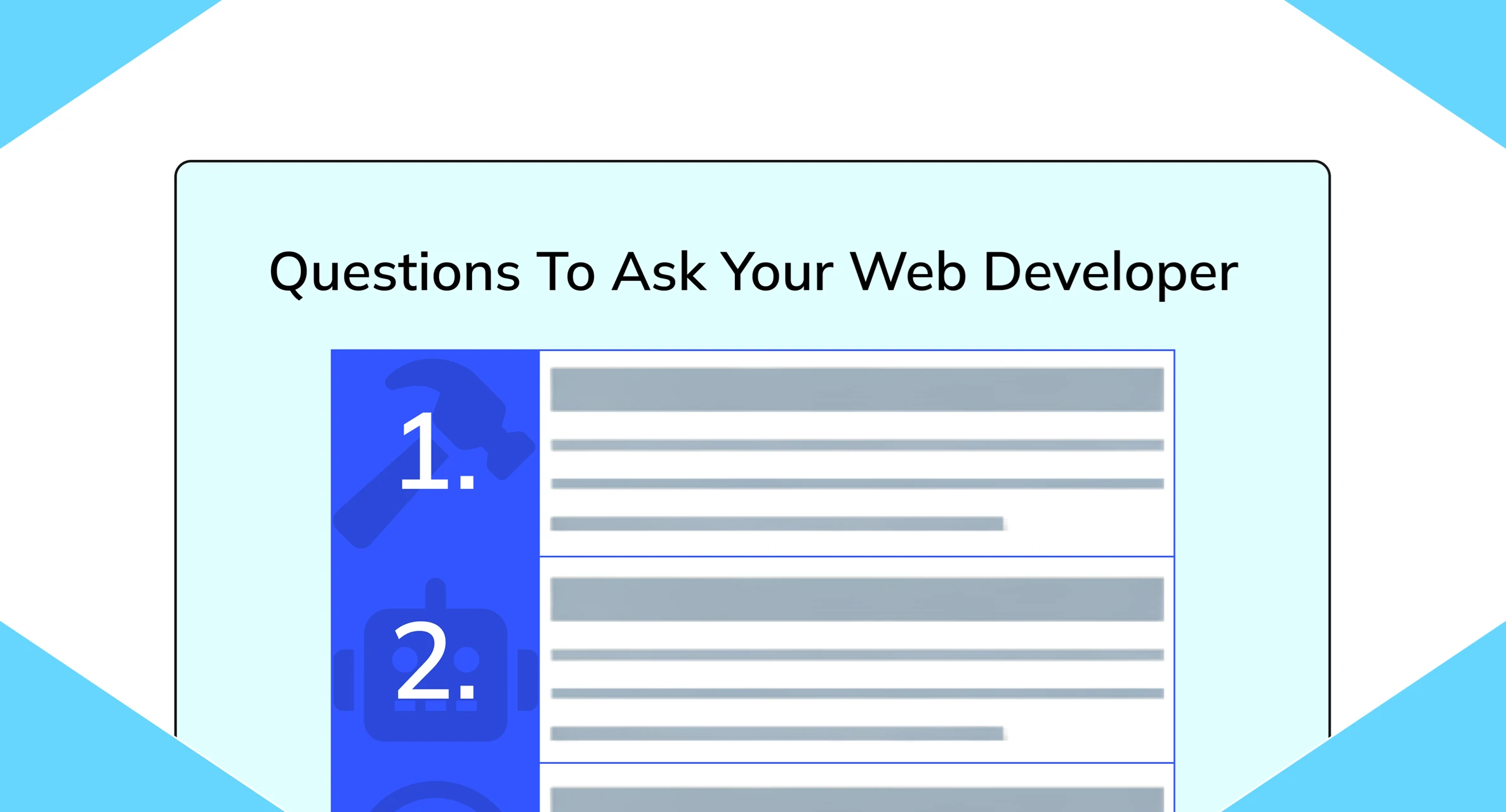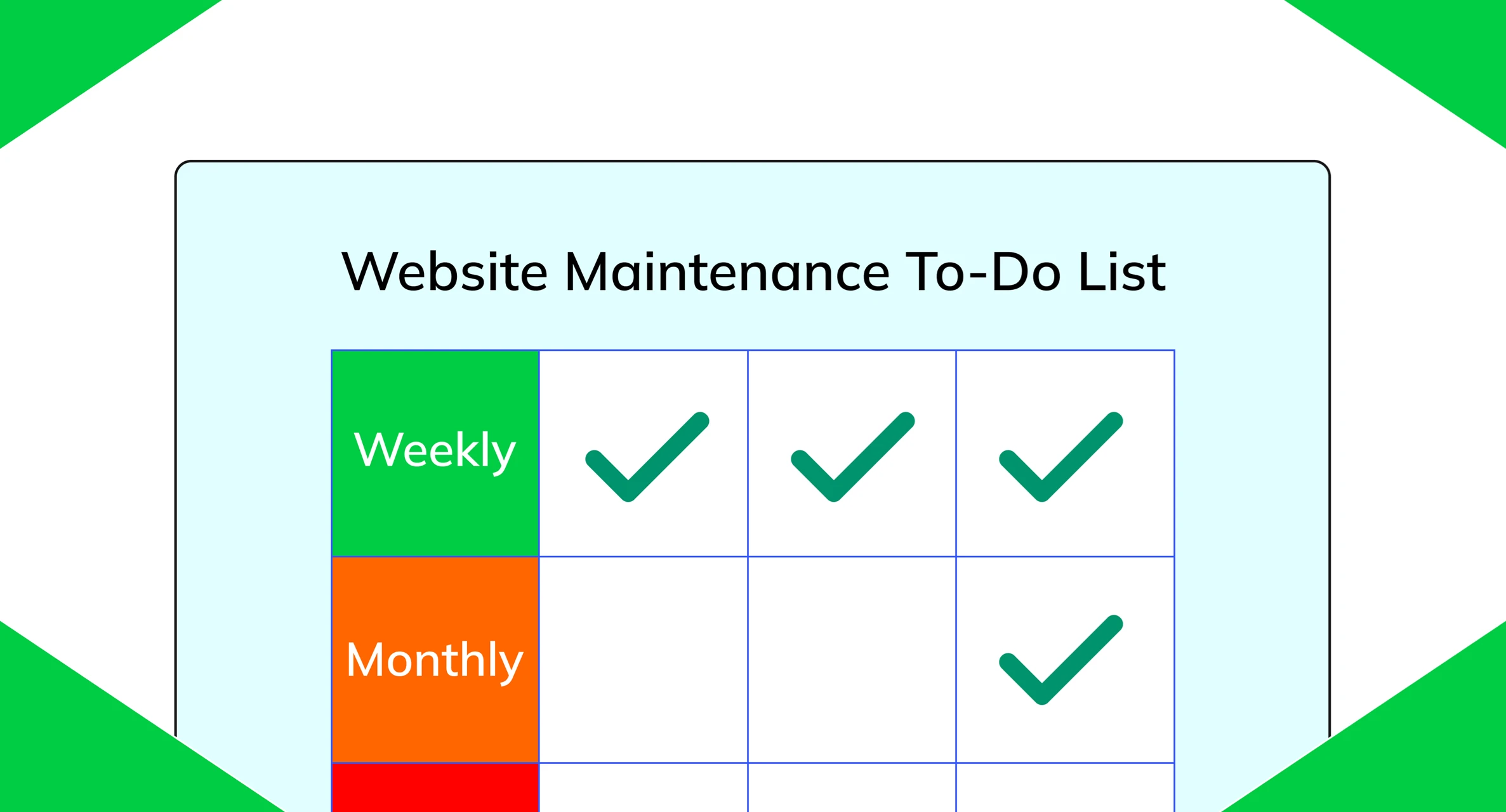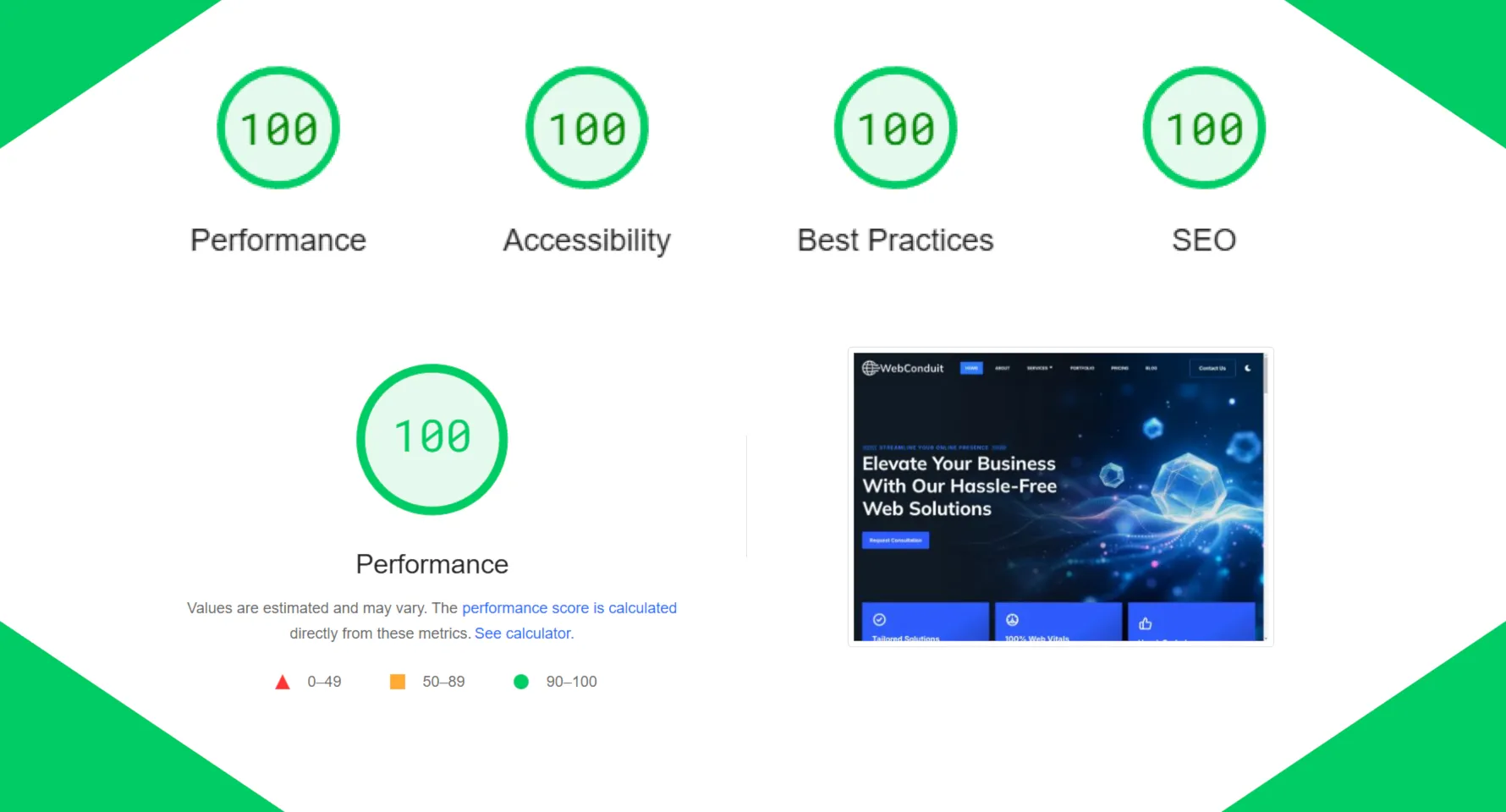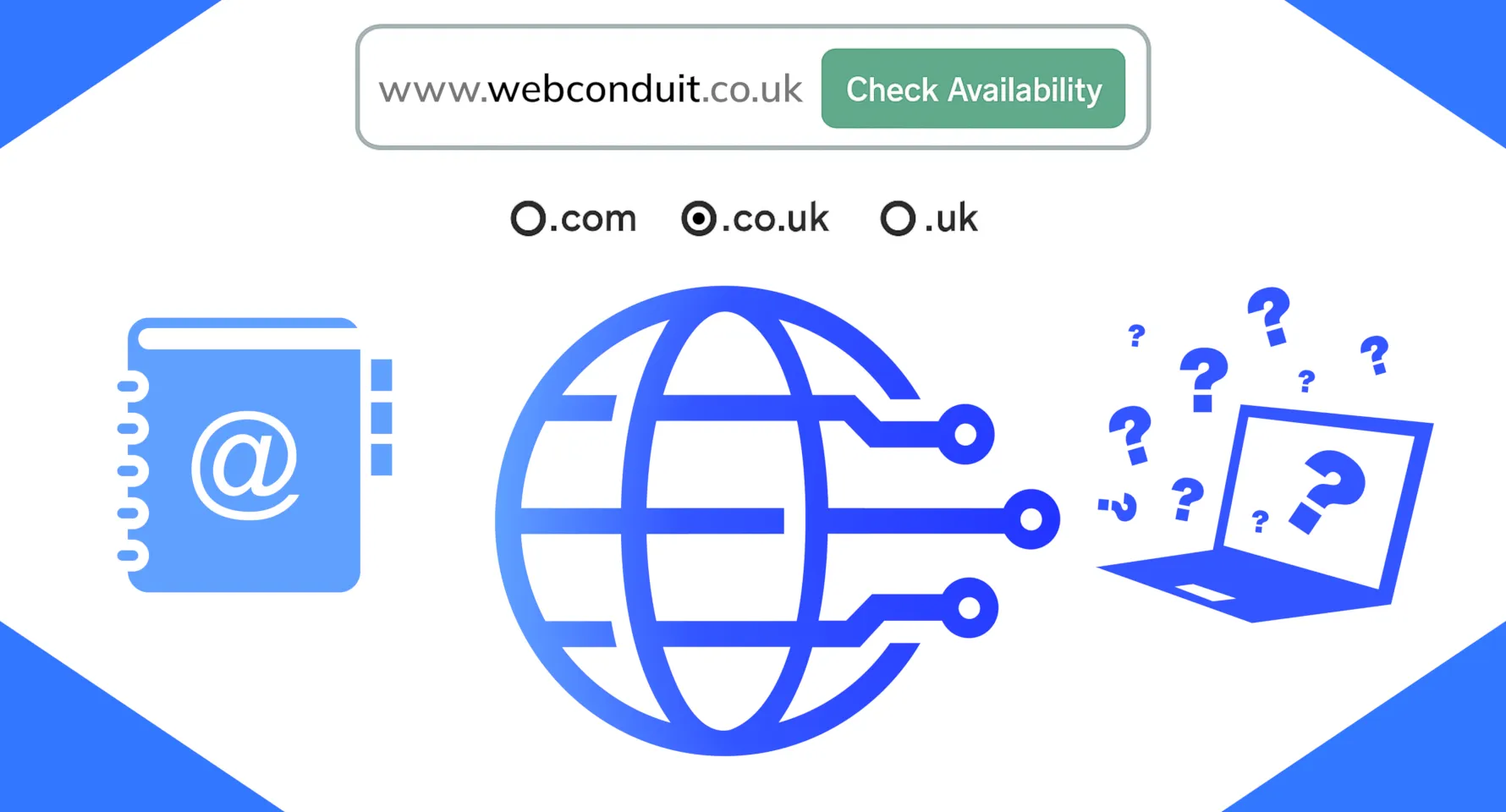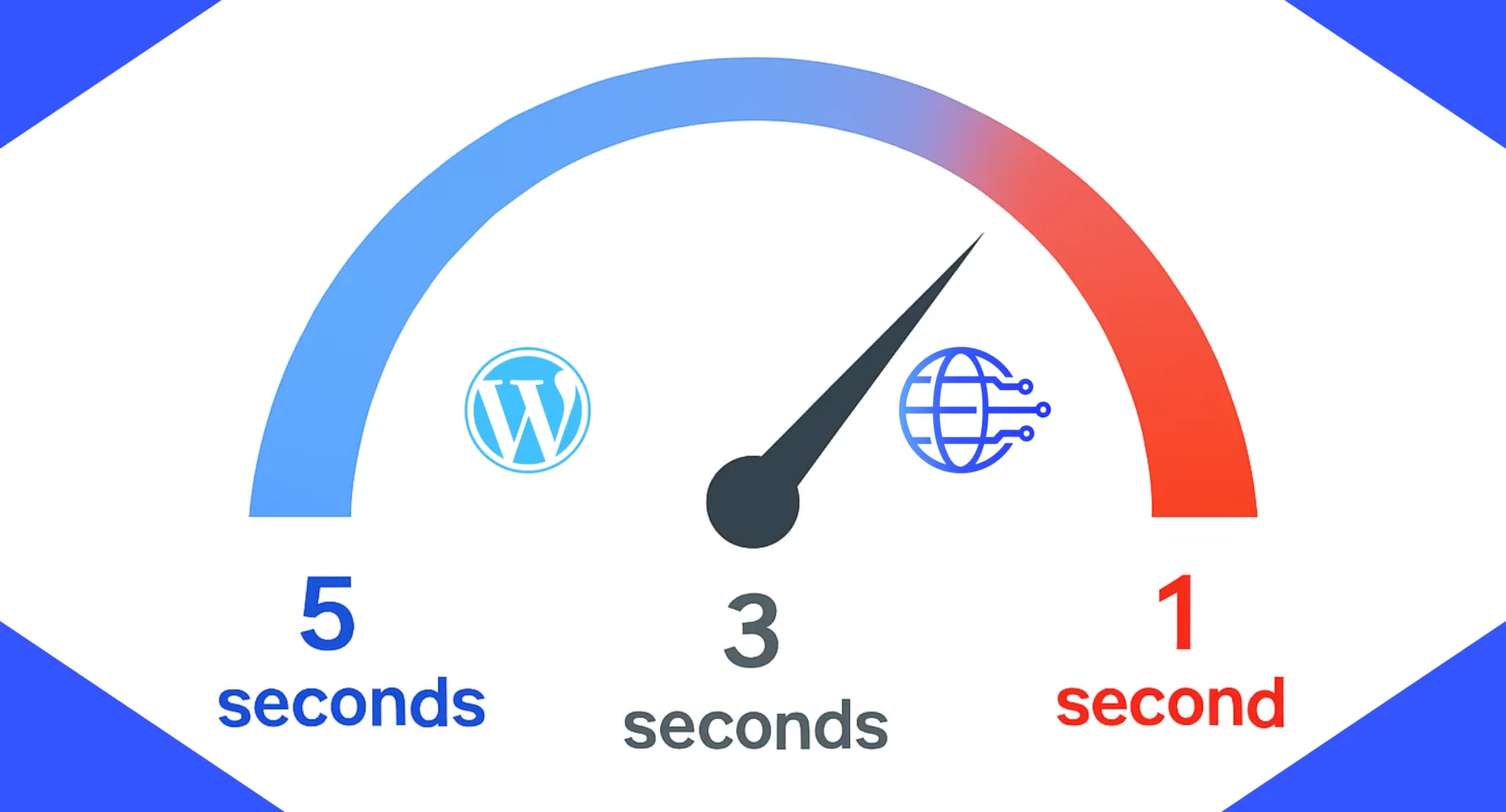
Why Website Performance Matters (and How It Impacts Your Bottom Line)
In today's fast-paced digital world, website performance isn't just a technical consideration—it's directly linked to your business success. A staggering 53% of mobile users abandon a site if it takes longer than 3 seconds to load, according to Google's research. That delay isn't just annoying—it's money out the door with every potential customer who clicks away. While major companies might absorb these losses across massive traffic volumes, for small businesses the impact is often more immediate and severe. Your local customers have countless options at their fingertips, and a slow-loading website can mean losing them to competitors before they even see what you're offering. Website speed has evolved from a mere convenience factor to a critical business metric that directly affects conversions, customer satisfaction, and ultimately, your bottom line.
How Website Speed Affects Users and Search Engines
Website speed directly shapes how visitors perceive your business from the moment they click through to your site. Fast-loading pages create an immediate impression of professionalism and reliability, while slow sites often feel broken or outdated regardless of their actual design quality. We've observed that bounce rates increase by approximately 32% when page load time increases from one to three seconds, with users growing increasingly impatient with each passing moment. This performance issue cascades into reduced session length and fewer page views per visit as users become frustrated navigating between slow-loading pages. Perhaps most concerning for business growth, this frustration creates lasting negative associations—our analytics consistently show that visitors who encounter performance problems are significantly less likely to return in the future. One sluggish browsing experience can permanently damage your relationship with potential customers, turning what could have been years of repeat business into a single abandoned session.
Compared to a 1s load time:
A 3s load time increases the probability to bounce by 32%
A 5s load time increases the probability to bounce by 90%
A 6s load time increases the probability to bounce by 106%
A 10s load time increases the probability to bounce by 123%
Your website speed doesn't just affect users who find your site—it determines whether potential customers discover you at all. Google has explicitly confirmed that page speed is a ranking factor in their algorithm, with particular emphasis on mobile performance since their shift to mobile-first indexing. Beyond rankings, faster sites enable more efficient crawling, allowing Googlebot to index more of your content more frequently, which proves especially valuable when adding new products or services. This performance factor can be the difference between wasting or maximising your marketing budget.
Boosting Conversions Through Faster Load Times
The financial impact of website performance emerges clearly when examining data from both global enterprises and small businesses. Tech giant Amazon discovered that every 100ms of added latency cost them approximately 1% in sales—a staggering figure when calculated across their enormous revenue stream. Similarly, Google measured a 20% drop in traffic resulting from just a half-second delay in search results. Thus, performance improvements directly translate to measurable revenue growth without requiring additional marketing spend. The maths becomes straightforward—faster websites generate more sales from the same number of visitors, effectively improving your return on every pound invested in driving traffic to your site.
Achieving significant performance improvements doesn't always require a complete website rebuild. We regularly implement several proven techniques that deliver immediate speed benefits:
- Image optimisation stands as one of the most impactful changes—converting to modern formats like WebP and implementing proper compression can reduce file sizes by up to 80% without visible quality loss.
- Enabling browser caching ensures returning visitors load your site significantly faster by storing certain elements locally.
- Code minification—removing unnecessary characters and whitespace—can trim file sizes by 20-30%.
- Conducting a plugin audit helps eliminate resource-hungry extensions that add little value.
- For businesses seeking comprehensive performance solutions, our hand-coded bespoke websites eliminate bloated frameworks entirely, ensuring every line of code serves a purpose. We complement these technical optimisations with strategic hosting selection, placing your website on high-performance servers with content delivery networks (CDNs) that distribute your site globally for consistent speed regardless of visitor location.
Even implementing just two or three of these strategies can transform a frustrating user experience into one that converts browsers into buyers.
Final Thoughts
As mobile usage continues to dominate and user expectations grow, your site's speed represents either a competitive advantage or a costly liability. By prioritising performance today, you're making a strategic business decision that will pay dividends through enhanced customer experience and improved conversion rates.
Want to know how your site stacks up? We offer a free, no-obligation performance audit to help you see what's slowing things down and how to fix it.
Request A Free Audit

